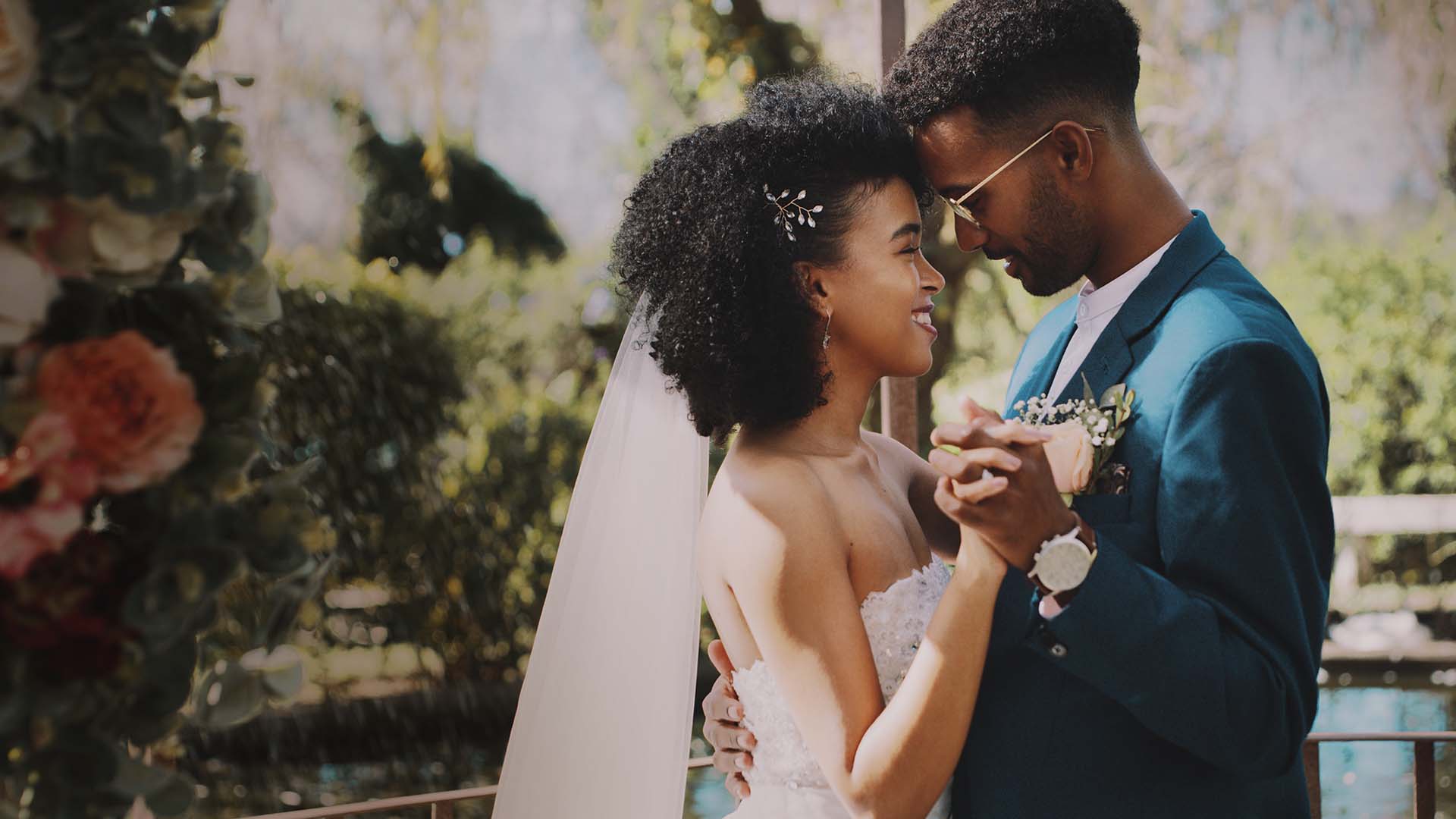South Africa's constitution recognises the wide variety of cultures in our country and protects everyone's right to practise their culture. Much of the legislation enacted by Parliament since 1994 has been put in place to bring legal protection to these cultural rights. Marital regimes are an important area of this work, so that marriages previously not recognised under apartheid can be given equal status with civil marriages. South African law now recognises shariah marriages, same-sex marriages, and of course traditional African marriages, usually called 'customary marriage'.
Customary marriage remains a cherished institution throughout Africa, rooted in ethnic traditions that our ancestors have practised for centuries. Customary marriages symbolise more than the union of 2 individuals – they represent 2 families coming together in a bond of closer kinship and combined cultural heritage. They often strengthen social ties and community unity, so access to our indigenous religious institutions is an important right.
Observing and preserving cultural traditions
Say you're young, working, living on your own in the city, and you meet someone who turns out to be the perfect match. You decide to get married and that you want an African customary marriage. First of all, you'll have to backtrack a bit – because that's not how customary marriages work. Couples don't just get engaged, pick a date, and get to work on a guest list. Your families must first meet to get to know each other and negotiate lobola, so you'll both need to call on your uncles or other family elders to begin this process.
They will organise the rituals needed, negotiate lobola, and see that the traditional ceremonies and feasts are held to solemnise the marriage. Each community has its unique way of celebrating, but the essence remains continuity between the past and the future.
Legal framework for customary marriage
South African law recognises customary marriages under the Recognition of Customary Marriages Act. It defines customary marriage as ‘a marriage concluded in accordance with customary law’, and customary law as 'the customs and usages traditionally observed among the indigenous African peoples of South Africa, and which form part of the culture of those peoples.'
Your customary marriage must meet the following requirements to be legally valid:
- The marriage must be negotiated, entered into, and celebrated according to customary law.
- You must both be consenting adults – or if either or both of you are under 18, your parents or legal guardians must also give consent
- From a religious and cultural perspective, of course, you don't need to have your marriage validated by anyone except your families and community. But for each spouse to be able to exercise their legal rights as a married person, your marriage must conform to the requirements of the Act. Make sure you register your customary marriage – it could be crucial, to protect you or your child's rights in cases involving divorce or inheritance.
Reduce at least 1 of the stresses involved in getting married and start your life together on a solid, confident financial footing
Community of property can bring complications
The default matrimonial property regime in a customary marriage conducted after the Act came into force in 1998 is community of property, which means that both spouses share equal ownership of assets and liabilities. Under the Act, a wife also has equal rights and status to her husband.
However, community of property is not compulsory – you can negotiate and sign an antenuptial contract (ANC) before your customary marriage, and then register it under an ANC property regime.
Community of property also raises issues if the couple later separates or files for divorce. The legal process of ending a customary marriage is more complex if the marriage was not registered – it would depend on the exact circumstances. The court will first have to assess whether you complied with all the requirements for a valid customary marriage. The court must then be convinced that the marriage has permanently broken down because of factors like adultery, abuse, desertion, or incompatibility. The division of assets and child custody are handled similarly to civil divorces, but cultural considerations, such as the return of lobola, may come into play.
Polygamous customary marriages
Polygamy makes customary marriage more complex, given SA's high level of gender inequality. You can't ensure that multiple households all 'share equal ownership of assets and liabilities' in community of property. Therefore, if a man wants to marry more wives according to customary law and register those marriages, he must seek a court order to regulate the matrimonial property regime of his current and future marriages before taking another wife. This protects and balances the interests of all parties, especially regarding inheritance rights.
How Nedbank can help
No matter what marital regime you choose, marriage is a serious life step that involves a range of costs you need to pay at various stages. Your wedding is worth planning and preparing for properly. Costs will include lobola, the outfits for the wedding party, traditional ceremonies needed to celebrate the marriage, transport, venue hire and catering.
You'll reach your goals faster if you both open Nedbank savings or investment accounts to save towards your marriage costs. A Nedbank Personal Loan could also help you bridge any financing gaps, provided you can afford the repayments comfortably. You can also apply for a Nedbank home loan to finance a house for the 2 of you, or to ensure that each family unit has its own comfortable household if you enter more than 1 customary marriage.
With guidance from our financial advisers, you can reduce at least 1 of the stresses involved in getting married and start your life together on a solid, confident financial footing.







